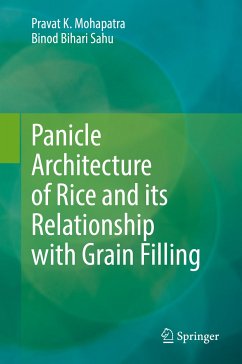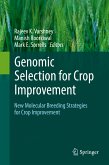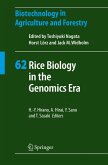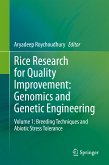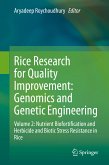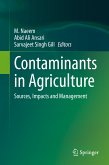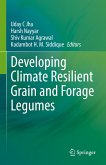High genetic diversity of rice has been economically profitable for mankind; the crop provides food calories to half of the human race on earth and because of its adaptability to diversified and unstable ecological conditions, the plant has an asynchronous flowering system in the panicle. The International Rice Research Institute has a collection of panicles with numerous branching phenotypes and lengths varying from 10 to 43 cm. Due to the heterogeneous architecture, grain filling depends on the position of the spikelet within a panicle. Spikelets on apical branches fertilize early and fill faster compared to their basal counterparts and therefore, individual grain weights of panicle vary widely. The discrepancy in grain filling between spikelets changes with panicle architecture but the relationship of variation in individual grain weight with panicle architecture has not been studied. Spikelet number has increased highly in the newly developed rice cultivars, but it has no benefit accrued on grain filling and yield.
This book is recommended for students, researchers and teachers working in this field of expertise.
Dieser Download kann aus rechtlichen Gründen nur mit Rechnungsadresse in A, B, BG, CY, CZ, D, DK, EW, E, FIN, F, GR, HR, H, IRL, I, LT, L, LR, M, NL, PL, P, R, S, SLO, SK ausgeliefert werden.

